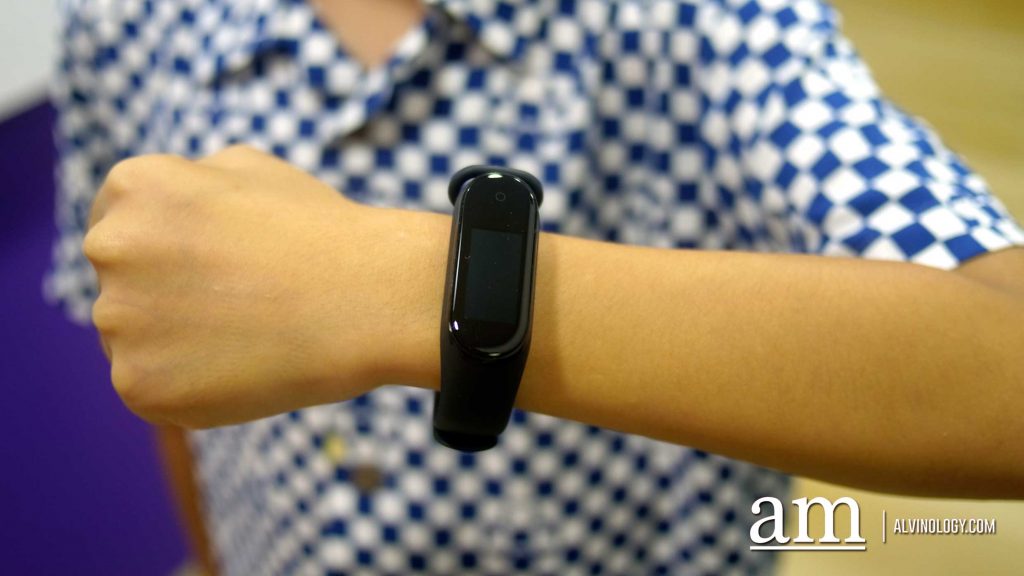Dyson unveils the findings of its inaugural Global Connected Air Quality Data project, shedding light on the indoor air quality landscape across the world. Focused on real homes and leveraging information from over 2.5 million Dyson Purifiers spanning 2022 to 2023, this comprehensive analysis dissects pollution levels to granular detail, offering a precise picture of indoor air quality.

Understanding PM2.5 and VOCs
The project centers on two key pollutants: PM2.5 and Volatile Organic Compounds (VOCs). PM2.5 refers to minuscule particles, invisible to the naked eye and known for potential health hazards. VOCs include gases like Benzene and Formaldehyde, emitted from various sources, including cleaning products, gas cooking, and personal care items.

Global Rankings and Singapore’s Surprising Standing
Globally, India, China, and Turkey top the list for average PM2.5 levels, but Singapore surprisingly ranks 4th among countries with the poorest indoor air quality when compared to outdoor air. With an annual indoor PM2.5 average of 14.21μg/m³, Singapore exceeds WHO guidelines by a staggering 180%. Monthly variations indicate consistent levels surpassing guidelines, emphasizing a significant air quality challenge.

While PM2.5 annual average outdoor levels are at 10.46μg/m³, exceeding WHO recommendations by over 109%, the Dyson data reveals a startling revelation – 19 countries globally, including Singapore, experience indoor air quality worse than outdoor air on average.

VOCs: Europe Tops the Charts
In contrast to PM2.5, European countries dominate in annual average VOC levels, with Austria leading, followed by Romania, Germany, Switzerland, and Poland. Southeast Asian countries, including Singapore, fall behind, with VOC levels ranking 19th globally. Singapore’s VOC Annual Average of 190.37 parts per billion (ppb) surpasses its neighbor, Malaysia, by 18.95 ppb.
Auto Mode Uptake and Global Trends
Despite the availability of Auto mode on Dyson Purifiers, just 8% globally utilize it for more than three-quarters of the time. In Singapore, a mere 3% of Dyson purifier users employ Auto mode, highlighting a low uptake despite the region’s high indoor air pollution and seasonal haze.

Globally, Chicago leads in Auto mode usage at 14%, while cities like Shenzhen (2.2%), Mexico City (2.4%), and Shanghai (3%) show the lowest percentages. Singapore, despite its air quality challenges, reflects this trend with a minimal Auto mode adoption rate.
Dyson’s Global Connected Air Quality Data project offers valuable insights into the pressing issue of indoor air pollution. With Singapore standing out among countries facing this challenge, it emphasizes the importance of awareness, technology, and proactive measures in ensuring healthier living environments.












